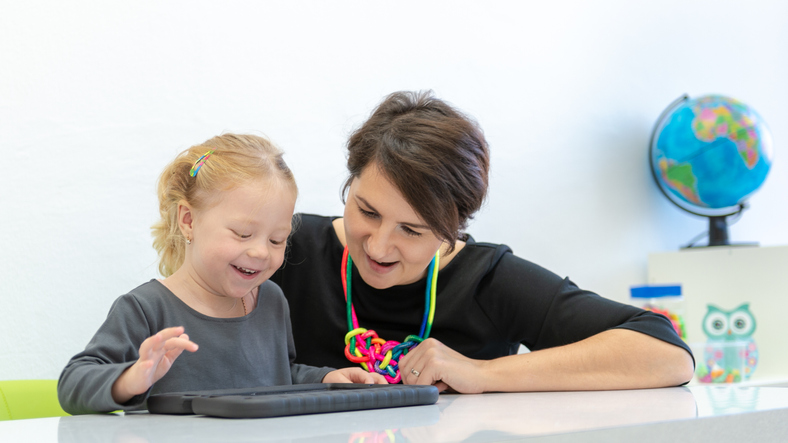
Occupational therapy is dubbed “the life-changing discipline” for various reasons. It is an evidence-based profession whose goal is to help people of all ages living with a disability, injury, or illness complete everyday activities and overcome barriers that affect their overall well-being.
For children with developmental delays, for instance, occupational therapists use the full scope of their knowledge and skills to identify each child’s areas of improvement and provide them with the tools and resources necessary to carry out their occupation, which is essentially to grow, play, and learn.
Your child can greatly benefit from occupational therapy if they’re having difficulty or challenges in the following areas of development:
Cognitive Development
Cognitive development refers to how children learn, process information, explore, figure things out, and understand the world around them.
Not meeting cognitive milestones could mean your child is experiencing a developmental delay. As early as 24 months of age, your child could manifest the following problems if they have cognitive developmental delay:
- Difficulty remembering things
- Inability to think logically
- Lack of curiosity
- Short attention span
- Speech delay
- Trouble understanding consequences of behavior
Sensory Processing
Sensory processing involves making sense of information we receive through our senses, such as sight and sound.
Children with sensory processing disorder tend to be oversensitive to things around them and may show the following symptoms:
- Heightened reactivity to sound, touch, or movement
- Being easily distracted by visual or auditory stimuli
- Emotional reactivity
- Unable to calm themselves when upset
- Difficulty coping with change
Fine Motor Skills
Fine motor skills refer to the ability to carry out movements using the small muscles in the fingers, hands, and wrists.
If your child has trouble with their fine motor skills, they may have difficulty doing the following:
- Holding a pencil or using scissors
- Using silverware or straws
- Tying their shoelaces
- Coloring, drawing, or tracing
- Writing
- Using toys or puzzles
Gross Motor Skills
Gross motor skills involve movement, strength, and balance. They involve using the larger muscles in our bodies to coordinate our arms, legs, and other major body parts.
A child who has underdeveloped gross motor skills may appear clumsy or uncoordinated and experience difficulty with the following:
- Walking
- Rolling
- Sitting
- Going up and down the stairs
- Having proper balance
- Coordinating both sides of the body
- Understanding the concept of left and right
Occupational Therapy in Grand Junction, CO
If you suspect your child is experiencing difficulty or delays in the areas of development mentioned above, our experienced providers at Work Partners Occupational Health can help. Our dedicated team includes a rehabilitation specialist who will gladly work with you and your child to help them acquire or regain the skills they need to live a happy, functional life.
To learn more about our occupational therapy services or make an appointment, call our office today at (970) 241-5585. You can also us our online appointment request form.






